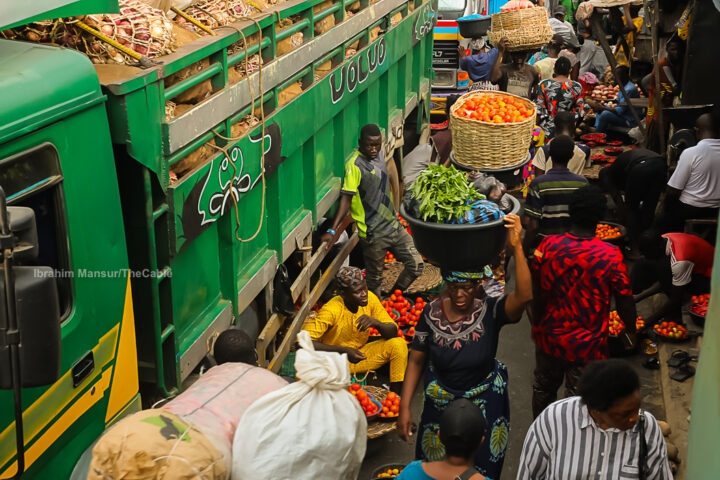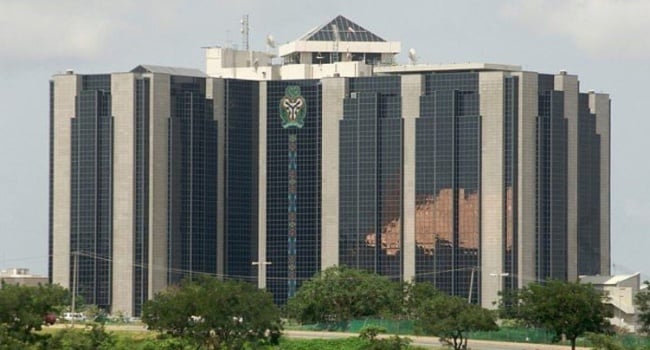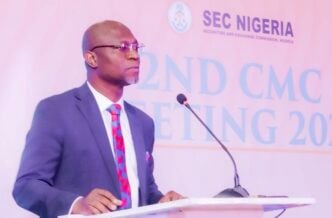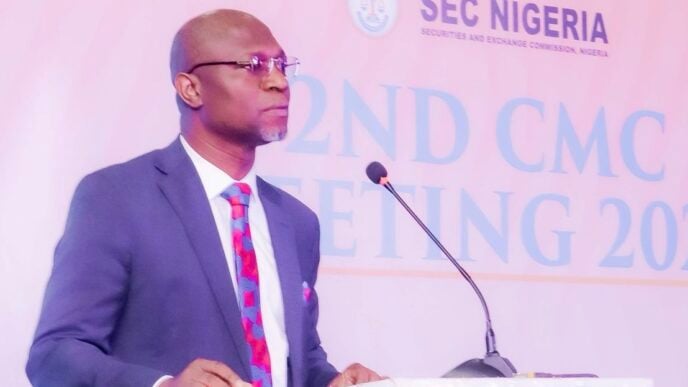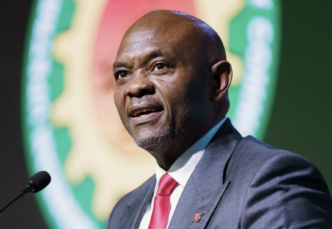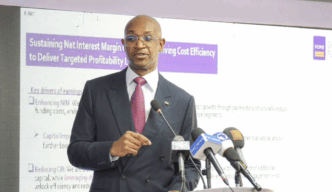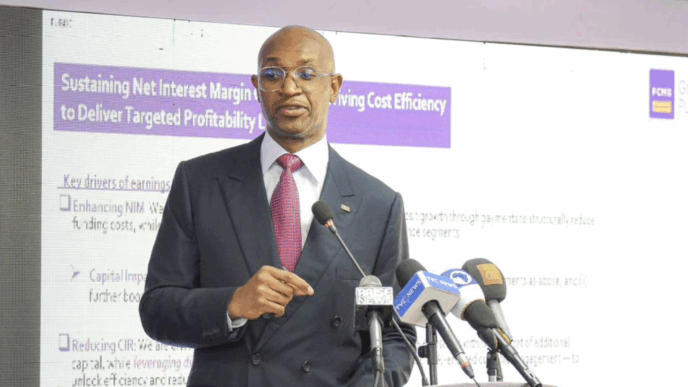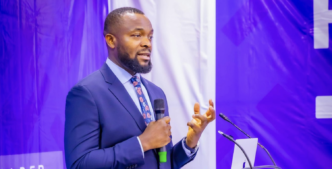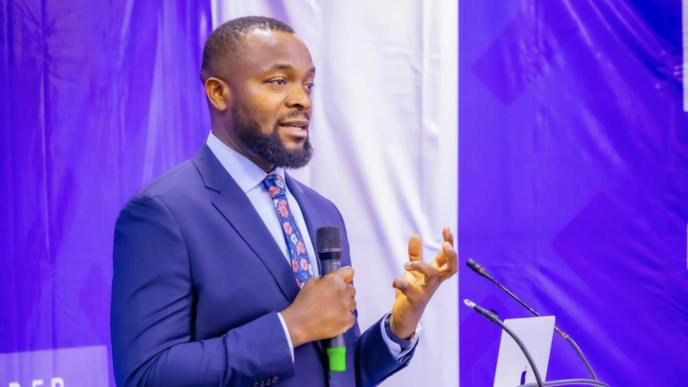Sanyade Okoli, special adviser to President Bola Tinubu on finance and the economy, says Nigeria’s economy is projected to grow 4 percent in 2025 and 5 percent in 2026.
Okoli spoke at the Nigeria Investors Forum held in Washington, D.C., United States, on the sidelines of the World Bank-International Monetary Fund (IMF) annual meetings.
The presidential aide said Nigeria has already reached the highest growth rate of 4 percent, with Q2 showing 4.3 percent growth.
“We know we need to diversify the economy — and we’re seeing results,” he said.
Advertisement
“In Q2, 13 sectors grew above 7 percent. To achieve 7 percent GDP growth, you need enough sectors growing at or above that level.
“In Q1, nine sectors grew above 7 percent; in Q2, it was 13. Our dependence on oil for total exports has reduced to about 57.5 percent in the first half of this year, compared to last year, and oil now accounts for about 4% of GDP, down from 8% in 2021. The economy is diversifying, and resilience is building.”
Okoli also said Nigeria’s oil sector is seeing progress with increased daily crude production, and the federal government is expecting 2 million barrels per day by 2027, and further growth by 2030, thanks to security improvements and new management.
Advertisement
In addition, the presidential aide said Nigeria is pursuing partnerships with the private sector and development partners to invest in infrastructure and drive long-term growth.
“On roads, the Highway Development and Management Initiative has identified over 10 routes for PPPs,” he said.
“On power, we’re partnering with the World Bank and AfDB to mobilise about $32 billion to improve access and reliability of electricity.
“On digital infrastructure, we’re laying 90,000 kilometres of fibre-optic coverage to future-proof connectivity for our young population.”
Advertisement
He also explained that Nigeria prioritises agriculture for growth and job creation and that it is essential to bringing down food inflation.
Okoli added that the country invests in human capital through initiatives like the Nigerian Education Loan Fund (NELFUND) for interest-free education loans and the Digital Health Initiative.
On public finances, the presidential aide said Nigeria’s fiscal position keeps improving as revenues are up, and while expenditures have grown slightly, deficits are narrowing.
“The federal government’s deficit-to-GDP ratio is now around 3.6%, down from over 4% previously — trending down toward the 3% target,” he said.
Advertisement
Okoli added that non-oil revenue has been strong, driven by improved tax compliance, automation, and digitisation.
Advertisement
